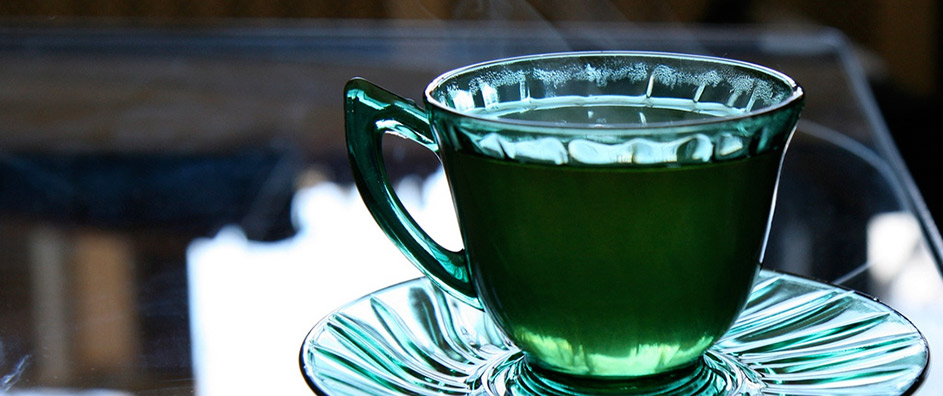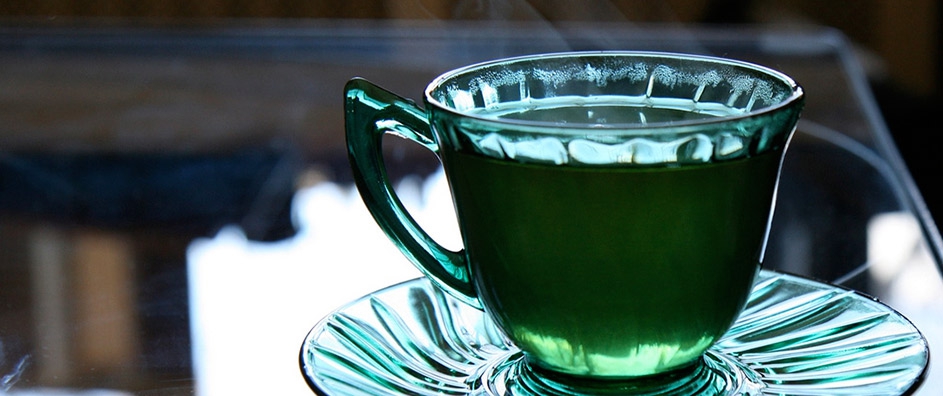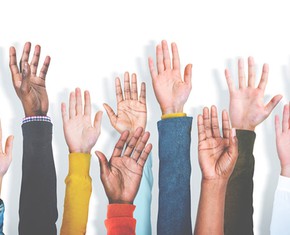The views expressed in our content reflect individual perspectives and do not represent the authoritative views of the Baha'i Faith.
 Every Thursday evening, my wife and I gather with friends for an informal interfaith prayer meeting.
Every Thursday evening, my wife and I gather with friends for an informal interfaith prayer meeting.
These unusual get-togethers devote the first hour or two to wide-ranging discussions of whatever topic the group has chosen – everything from the nature of prayer and the life of the soul to psychic phenomena or an in-depth analysis of Leo Tolstoy’s Anna Karenina. Nothing is spared. Only after we have exhausted the topic (and sometimes ourselves) and come to some form of consensus do we read prayers, drink tea and continue the fellowship. In fact, we would love for you to join us. You are welcome any time. The only hitch: we live in Siberia and winter approaches….
Anyway, at one meeting a woman named Larissa suggested we discuss a question that had been nagging at her for some time. “How should a person of faith respond to aggression?” she asked. That really caught me. After all, we all face aggression in one form or another in our lives, but few of us have progressed beyond the basic “an eye for an eye and a tooth for a tooth” reaction to it. Everyone agreed it was a worthwhile subject, so we slated the discussion for the following Thursday.
As the guests arrived one week later, I was pleased to see not only Baha’is, but also Christians, Buddhists and adherents of an eclectic range of world views. But those are all just labels: in reality they are simply our friends. And it turned out each of those friends expressed very interesting thoughts.
One elderly woman named Poema (which, not surprisingly, translates from Russian as “Poem”) said that whenever she sees someone approaching who looks hostile or aggressive, she imagines presenting them with a beautiful bouquet of flowers. She said it communicates a certain energy that inevitably alters the person’s demeanor, and sometimes even leads to positive encounters.
Of course, that response impressed and humbled me. I’ve always found it difficult to suppress my anger when threatened or attacked – even verbally. But Poema’s approach captured so well the meaning of the quotation from the Baha’i Writings that I sat holding in my hands, and I felt even more compelled to share it with everyone.
“May I read something that illustrates exactly the same principle?” I asked. Everyone consented. “These,” I said, “are the words of Abdu’l-Baha:”
Should any come to blows with you, seek to be friends with him; should any stab you to the heart, be ye a healing salve unto his sores; should any taunt and mock at you, meet him with love. Should any heap his blame upon you, praise ye him; should he offer you a deadly poison, give him the choicest honey in exchange; and should he threaten your life, grant him a remedy that will heal him evermore. Should he be pain itself, be ye his medicine; should he be thorns, be ye his roses and sweet herbs. Perchance such ways and words from you will make this darksome world turn bright at last; will make this dusty earth turn heavenly, this devilish prison place become a royal palace of the Lord. – Selections from the Writings of Abdu’l-Baha, p. 34.
 A brief silence ensued. Each of us no doubt remembered our own failings in this regard, but also took heart from the wonderfully selfless love expressed in those words.
A brief silence ensued. Each of us no doubt remembered our own failings in this regard, but also took heart from the wonderfully selfless love expressed in those words.
For one of the guests, that passage had a special poignancy. Sergei had grown up in a small Siberian town where it was standard practice for boys to fight – as much a form of recreation as a test of character. No slacker in that regard, Sergei ended up becoming a successful boxer, then a boxing trainer and later raised his son to become a regional boxing champion. Even as an adult, he told us, he had more than once settled disputes with his fists. But the approach suggested by Abdu’l-Baha clearly appealed to him at a deeper level.
“Hey, if everybody behaved like that,” he said, “there’d be no more wars. Well, that’s no fun!” he deadpanned. We all laughed, knowing his sense of humor.
Others shared their thoughts, related more life experiences, and read prayers. We downed plenty of tea, felt the warmth in the room despite the cold outside, and all in all had a very pleasant, peaceful and enjoyable evening.
















Comments
Sign in or create an account
Continue with Googleor